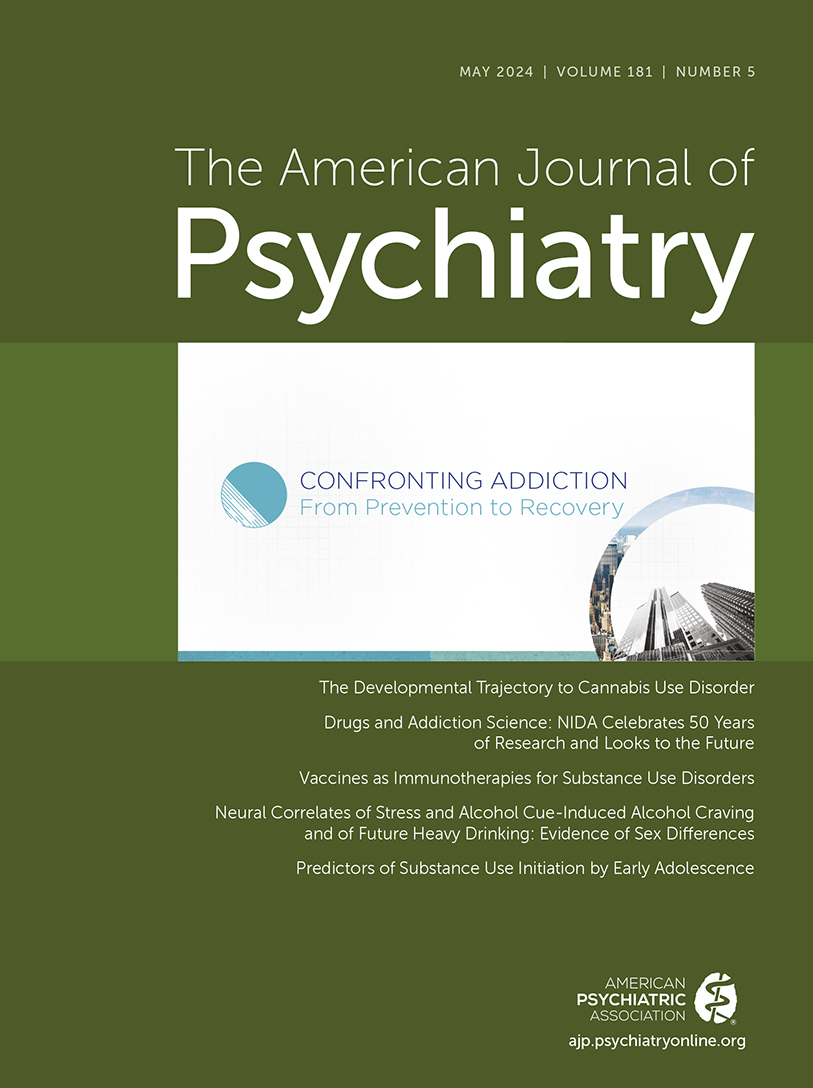Vaccines as Immunotherapies for Substance Use Disorders
Abstract
Substance use disorders (SUD) present a worldwide challenge with few effective therapies except for the relative efficacy of opioid pharmacotherapies, despite limited treatment access. However, the proliferation of illicit fentanyl use initiated a dramatic and cascading epidemic of lethal overdoses. This rise in fentanyl overdoses regenerated an interest in vaccine immunotherapy, which, despite an optimistic start in animal models over the past 50 years, yielded disappointing results in human clinical trials of vaccines against nicotine, stimulants (cocaine and methamphetamine), and opioids. After a brief review of clinical and selected preclinical vaccine studies, the “lessons learned” from the previous vaccine clinical trials are summarized, and then the newest challenge of a vaccine against fentanyl and its analogs is explored. Animal studies have made significant advances in vaccine technology for SUD treatment over the past 50 years, and the resulting anti-fentanyl vaccines show remarkable promise for ending this epidemic of fentanyl deaths.
Access content
To read the fulltext, please use one of the options below to sign in or purchase access.- Personal login
- Institutional Login
- Sign in via OpenAthens
- Register for access
-
Please login/register if you wish to pair your device and check access availability.
Not a subscriber?
PsychiatryOnline subscription options offer access to the DSM-5 library, books, journals, CME, and patient resources. This all-in-one virtual library provides psychiatrists and mental health professionals with key resources for diagnosis, treatment, research, and professional development.
Need more help? PsychiatryOnline Customer Service may be reached by emailing [email protected] or by calling 800-368-5777 (in the U.S.) or 703-907-7322 (outside the U.S.).



